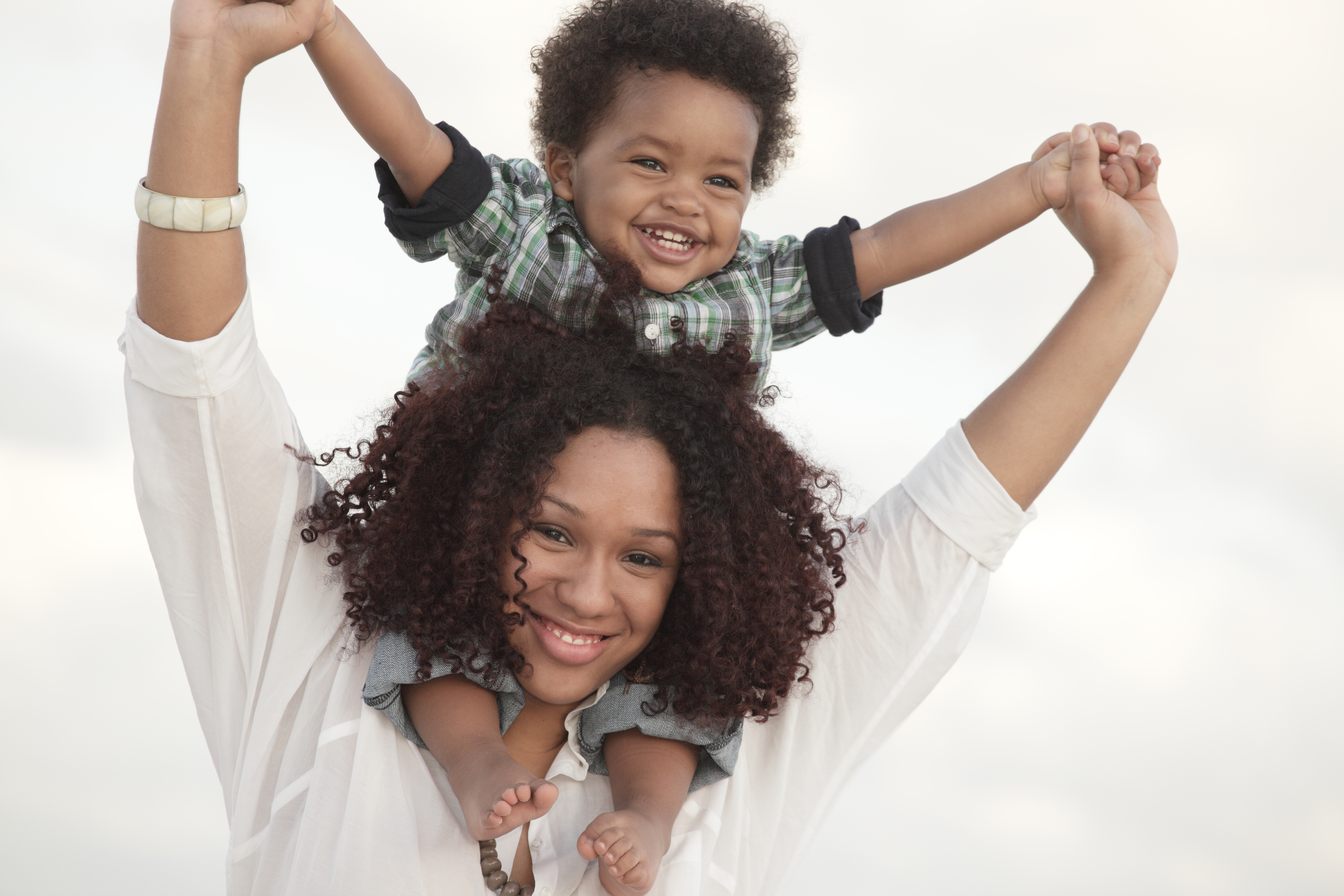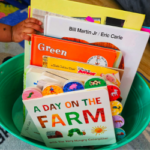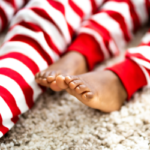Taking a newborn baby home for the first time can be an intimidating next step, especially for a first-time mom.
You’ve been waiting for the day your baby arrives to start your new lives together. But now that they are here, you’re feeling a little nervous about taking them home where it’ll just be you and them, with no doctors, no nurses, no professional help at the call of a bottom, just you.
As scary as it may seem, the truth is that you are enough. You are all your baby needs right now, and you have all the maternal and natural resources you need to care for your new baby.
A newborn baby is easy to care for during the first three months of life. After all, all they do is eat, sleep, poop, and repeat.
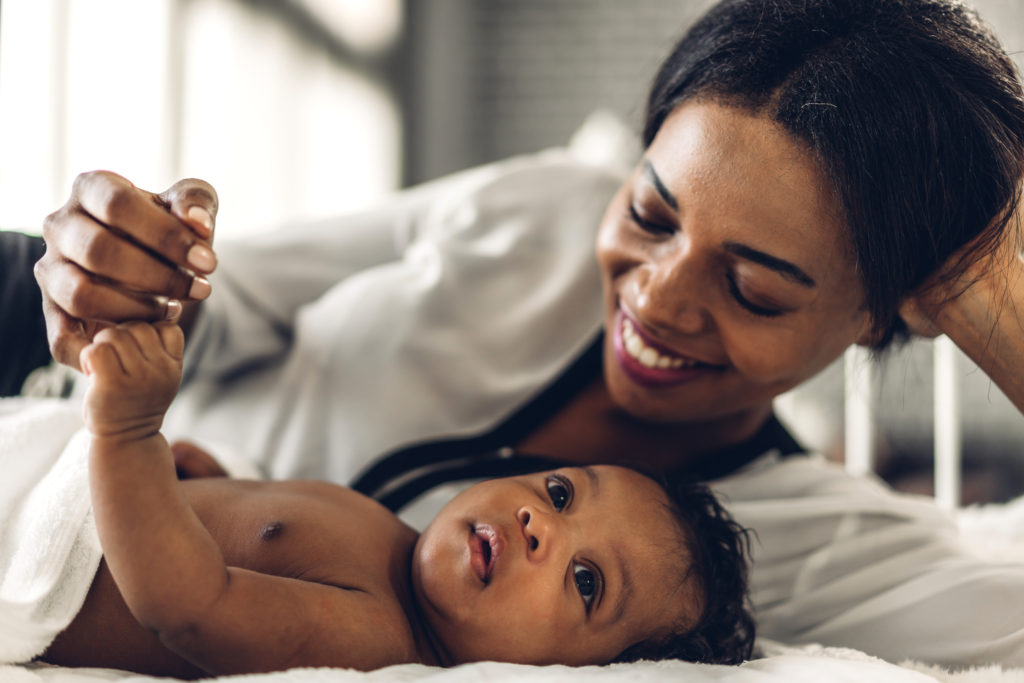
As long as you’re feeding your baby, changing their diapers often, and ensuring that they have a safe space to sleep and are in a safe environment, you’ll be more than alright.
Of course, as a new mom, you’ll have many questions about many things, but the fact remains that the first three months of your baby’s life will be the easiest stage yet the most important of their lives. You’ll see what I mean once they start moving around and getting into things.
*This post contains affiliate links, at no additional cost to you I am compensated if you purchase after clicking on the links.
Here you go, mama. Here are 4 Obvious But Powerful Ways To Care For Your Newborn Baby
1. Hold your newborn frequently:
Holding and touching your baby often is a must at this stage. When they were in your belly, your baby felt constant security, warmth, and contentment. It’s crucial for them to feel the same comfort and love when they are born.
So go ahead and bond with your precious new baby by holding them, touch, cuddling with them, and doing skin-to-skin contact as often as you can.
People have their opinions and say that you will “spoil” your child if you hold them too much, but these first few months and years are the most important in your child’s life. So don’t let anyone’s opinion discourage you from bonding and loving your baby accurately and abundantly.
The first few years of a child’s life determine how your child’s brain will develop.
Research shows that 85 percent of brain development is completed by age 5. Additionally, by age 2, the brain is 80 percent of its adult size.
This early stage in your baby’s life is also the beginning of helping your child develop a secure attachment style, which will determine how they can build relationships and relate with others and manage stress later in life.
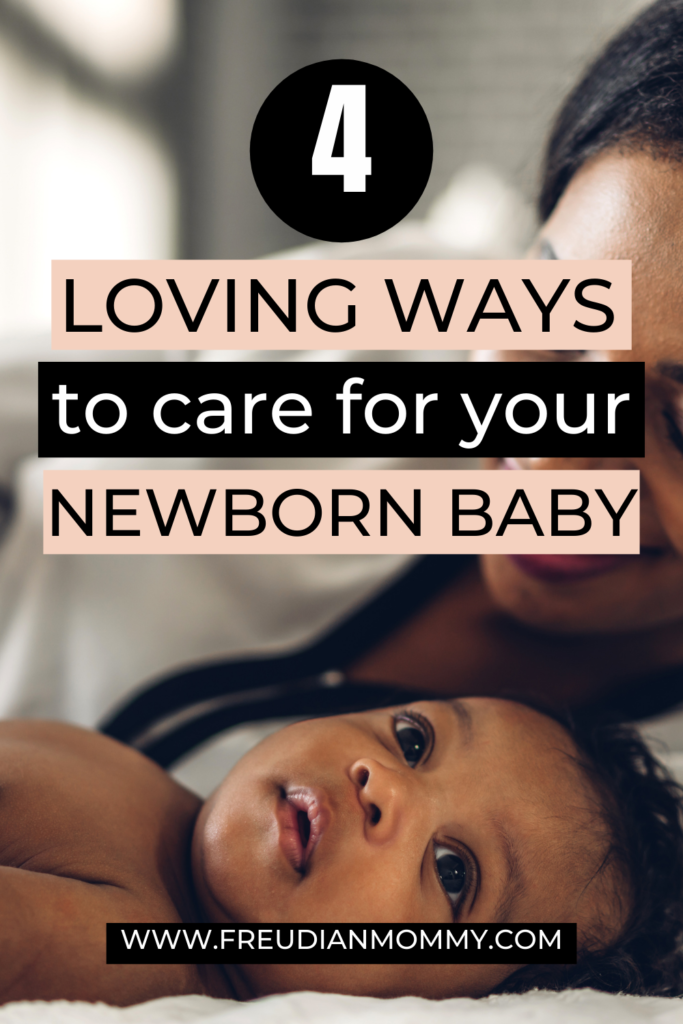
2. Ensure your baby has a safe space to sleep:
Your baby’s sleeping arrangement is a critical part of keeping them safe in the first year of life. To reiterate, making sure your baby has a safe crib or bassinet to sleep in that is set up safely with no clutter should be a top priority. Anything other than that could be hazardous to your child.
The first 12 months of your baby’s life can be a scary time. I know for me it was. Unfortunately, your baby is susceptible to SIDS at this age, also known as Sudden Infant Death Syndrome or crib death.
When my kids were that age, I can honestly tell you that I did not get much sleep. Although their crib was in my bedroom, I woke up multiple times during the night to nurse them and check on them and make sure they were breathing.
SIDS is something that once you learn about it, you can’t unlearn or forget about it. And no matter how many kids you have, you’ll still have the same concerns every time.
So please, please follow the Recommendations for Safe Sleep issued by the American Academy of Pediatrics to ensure that you are using safe practices to keep your baby safe.
- Lay your sleeping baby on their back- Always remember to put your sleeping baby on their back when they are sleeping, during naps, and at night times. Your baby is at a much higher risk for SIDS if they sleep on their stomach or side. These positions can place your baby’s face in the mattress, which can suffocate them.
- No matter how tempting, never let your tired baby sleep in their car seat, stroller, or anything of that sort for an extended amount of time.
- Always lay your baby to sleep on a firm surface
Keep your baby’s crib or bassinet free from clutter- I understand it may be tempting to decorate and make your baby’s crib or bassinet look cute with stuffed animals and other cute decors, but please don’t. Cluttery can also put your baby at risk for suffocation. Find different ways to decorate your child’s nursery, but please leave the crib or bassinet alone.
Read more here about the Safe Sleep Recommendation from the American Academy of Pediatrics (AAP).
3. Make sure your baby is staying in a safe environment:
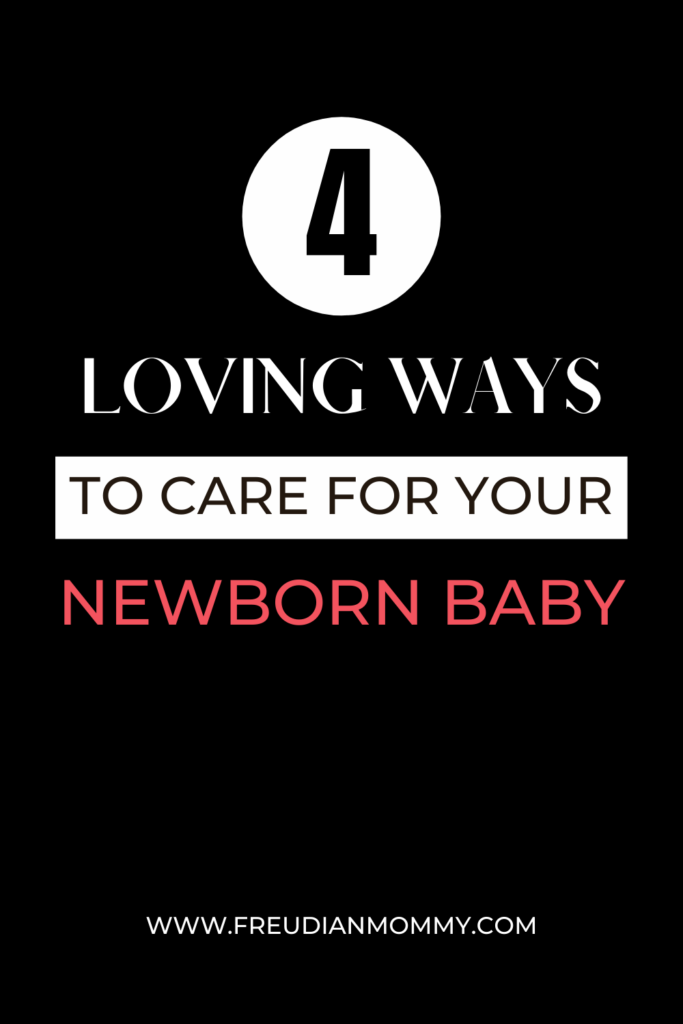
As a psychotherapist, this is something that I have to mention—ensuring that your child is living in a stress-free and abusive-free environment is also an essential part of caring for your child and nurturing them.
These early years are a special time for your child, and any negative disruption both physically and emotionally can influence how they develop.
Bringing a baby home will require your undivided attention and can add additional stress to a relationship, especially to a relationship already operating under a lot of stress.
If you are in an emotionally or physically abusive relationship, the chances are that the abuse will worsen. Reaching out to your loved ones and professionals who can help you come out with a plan to maintain your safety as well as your child’s safety is the best option. You can reach out to the National Domestic Violence Hotline at 1-800-799-SAFE (7233) if you feel that the situation you’re in requires some professional input.
4. Respond to your baby when they cry or are fussy:
At this stage, your baby communicates their needs through crying. If they’re crying, they could be hungry, need a diaper change, hot, cold, tired, etc. Please make sure you respond to your child when they cry because when you react to your child’s needs, they feel safe, happy and know that there’s someone who cares about them.
I hate to share this story because it is an unfortunate case, but I read a book called “The Boy Who Was Raised as a Dog” by Dr. Bruce Perry when I was in graduate school.
And one of the stories told by Dr. Perry was about a mother with some kind of intellectual disability with two children, one of which was a baby.
Almost every day, the mother would leave the baby in the crib to take her other child to the park. So when the baby would cry all day, they would be one there to respond.
After the mother had done that for some time, the baby eventually stopped crying because somehow, the baby knew no one was coming. It’s just the saddest thing, and just thinking about that part of the story still makes me very emotional. You can get Dr. Perry’s book he Boy Who Was Raised as a Dog: And Other Stories from a Child Psychiatrist’s Notebook here, which really outlines the effects of childhood trauma.
So please, don’t let your new baby “cry it out.” It’s not a very loving way to nurture your baby’s developing brain.



